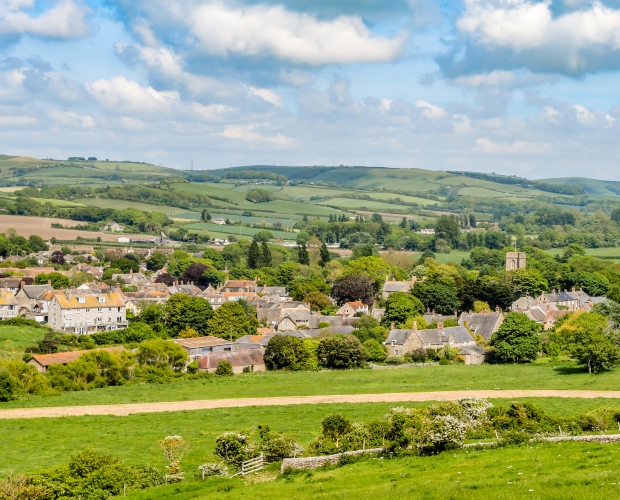T: 01822 851370 E: [email protected]
Rural Business
The Rhyl, Prestatyn and Abergele Journal reports that Denbighshire residents and businesses are being urged to apply for funds to help improve their internet connection The UK and Welsh governments are working together on the Gigabit Broadband Voucher scheme...
Date: 28th July 2021 Subject: Enabling Rural Business Chair: Kerry Booth Assistant Chief Executive, Rural Services Network - To download the Agenda for this seminar click here - To view the...
Businesses in rural areas have cited broadband capacity as a major obstacle to digital adoption in the latest research by the National Innovation Centre for Rural Enterprise (NICRE) The study Digital adoption in rural SMEs found that...
The UK is heading towards a "catastrophic" digital skills shortage "disaster", a think tank has warned The Learning & Work Institute says the number of young people taking IT subjects at GCSE has dropped 40% since...
Research published by Northumbria University is exploring how shifting work patterns and home-buying preferences are changing rural communities Analysis of data from the past decade shows that rural areas which attract new residents in their 20s and 30s also...
The Rural Services Network is encouraging people to respond to the Open Consultation from Government on Improving Broadband for Very Hard to Reach premises The consultation closes on 11th June 2021: Improving broadband for Very Hard to Reach...
The Prime Minister’s "levelling up" plans need to be more targeted to prevent deprived areas being "short-changed", argue peers, as reported by the BBC this week The Lords Public Services Committee said that inequality would grow if money for...
The RSN will produce a Rural Lens Review of the Queen’s Speech and the Government’s supporting document for circulation with the Bulletin next week Our overarching comments at this stage are: Many of the measures in...
Teesdale Mercury reports on a new survey from the National Innovation Centre for Rural Enterprise (NICRE) asking rural businesses how they are dealing with COVID-19 The survey will ask more than 4,000 small rural businesses about the strategies they...
Trade publication IT Pro reports on claims from mobile operator, Three, that the Government is continuing to ignore business use cases across rural and remote areas when rolling out network infrastructure The report claims that Westminster needs to re-evaluate...
NEWSLETTER
Sign up to receive all our latest news and updates.
HOT TOPICS
Amid reduced public spending, fair resource allocation across regions is crucial. Despite a population larger than Greater London, rural areas receive significantly less funding for essential services, even though delivering these services in rural areas is more expensive.
Economic growth is widely acknowledged as essential for national wealth and prosperity and is a priority for political parties. Rural economies, employing millions and home to a higher proportion of small businesses, have potential for growth if barriers are removed.
Rural residents face distinct healthcare challenges, including limited access to transport, longer distances to medical facilities, an aging demographic, housing inadequacies, digital connectivity gaps, and difficulties recruiting health and care workers.
Rural communities are grappling with a severe affordable housing crisis, marked by high house prices, a lack of affordable housing, elevated living costs, and lower incomes, threatening their sustainability and vitality.
Transport is vital for the quality of life and economic health of rural areas, yet it faces challenges such as infrequent public bus services and less Government funding compared to urban regions.
Rural areas, encompassing a substantial portion of England's population and land, play a pivotal role in combating climate change and achieving the net zero target.
In an increasingly digital world, the lack of robust digital infrastructure in rural areas severely limits access to crucial services and stifles economic growth.
A future-focused vision for rural communities involves not just building the right homes in the right places but also ensuring thriving, sustainable communities.
SIGN UP TO OUR NEWSLETTER
Sign up to our newsletter to receive all the latest news and updates.











